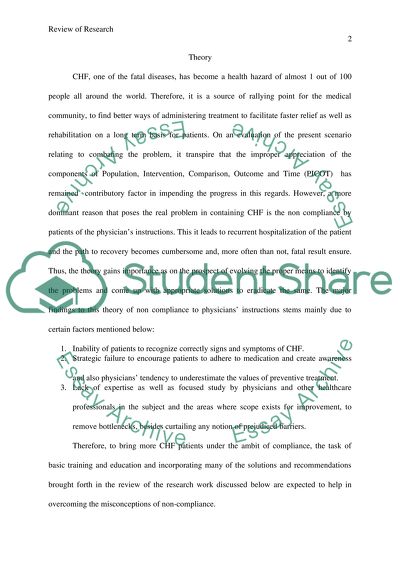Cite this document
(“Reveiw of Research Proposal Example | Topics and Well Written Essays - 1500 words”, n.d.)
Reveiw of Research Proposal Example | Topics and Well Written Essays - 1500 words. Retrieved from https://studentshare.org/nursing/1457984-reveiw-of-research
Reveiw of Research Proposal Example | Topics and Well Written Essays - 1500 words. Retrieved from https://studentshare.org/nursing/1457984-reveiw-of-research
(Reveiw of Research Proposal Example | Topics and Well Written Essays - 1500 Words)
Reveiw of Research Proposal Example | Topics and Well Written Essays - 1500 Words. https://studentshare.org/nursing/1457984-reveiw-of-research.
Reveiw of Research Proposal Example | Topics and Well Written Essays - 1500 Words. https://studentshare.org/nursing/1457984-reveiw-of-research.
“Reveiw of Research Proposal Example | Topics and Well Written Essays - 1500 Words”, n.d. https://studentshare.org/nursing/1457984-reveiw-of-research.


